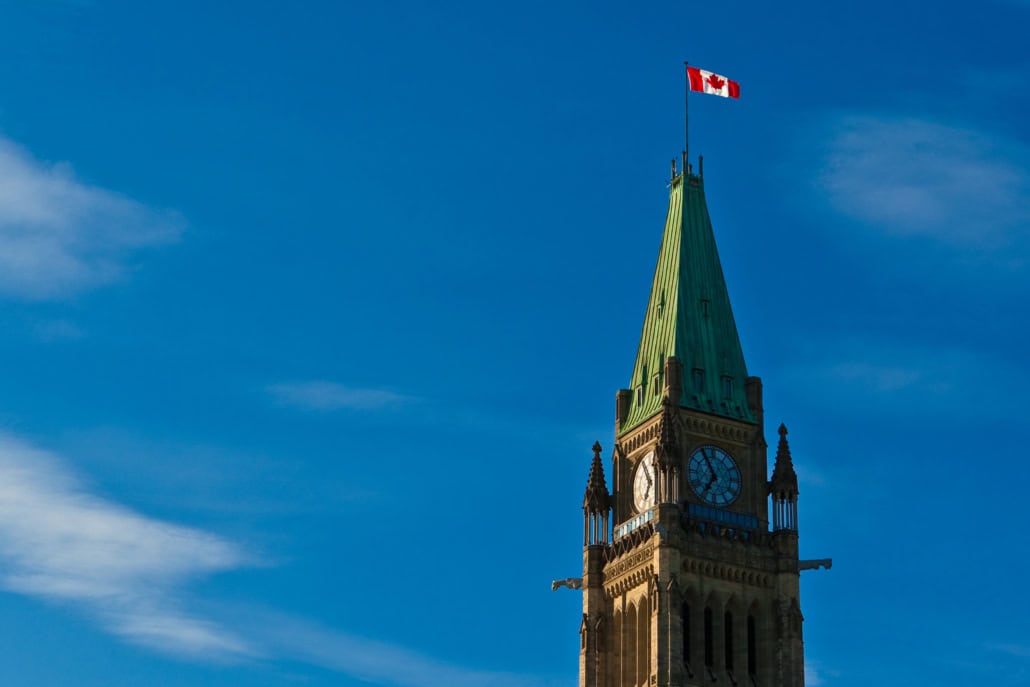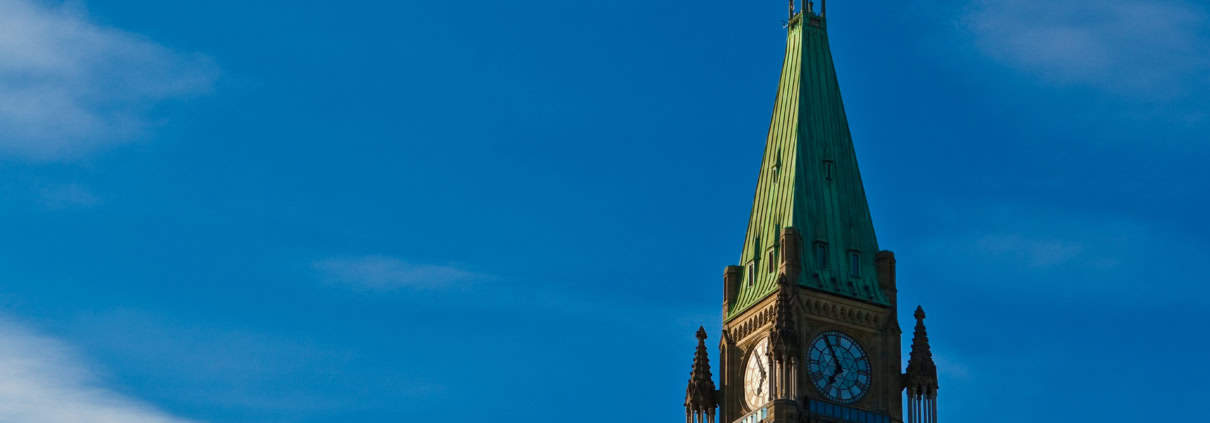Implementation of new capital gains rules remains uncertain

The federal government’s decision earlier this year to increase the capital gains inclusion rate caused considerable consternation among entrepreneurs, professionals and other affected taxpayers. Many stakeholders—including business and industry advocacy groups—called for a rethink, reversal or at the very least a delay of the policy change to allow individuals and business owners to plan. But as we noted in a recent blog, Ottawa was steadfast in its determination to press ahead with changes to capital gains rules.
But as with many tax changes tabled or implemented in recent years—think new bare trust reporting rules, which were reversed at the eleventh hour after many taxpayers had invested considerable time, effort and cost in the form of professional services fees to meet compliance requirements—orderly implementation seems to be an afterthought.
Recall that the change, which applies to capital gains realized on or after June 25th, 2024, increased the capital gains inclusion rate to two-thirds from one half on annual capital gains in excess of $250,000 for individuals, and to two-thirds on all capital gains realized by corporations and certain trusts (without the $250,000 threshold). Also covered under the new regime are transactions that were in process before that implementation date.
At issue now is the fact that the changes aren’t law because draft legislation has yet to receive royal assent. The rescheduling of a ways and means vote has yet to be determined as of the publishing of this blog.
All of this means that the Canada Revenue Agency is in the difficult position of being required to retroactively collect a tax increase that has been applied but could technically still be delayed or abandoned altogether. The CRA has not updated its software to manage changes to the rate, so the Agency has no way for taxpayers to report or submit extra capital gains taxes. Even if a taxpayer theoretically wanted to file a return today and pay capital gains taxes that would account for the inclusion rate increase, there is currently no mechanism to do so.
According to a recent communique relayed by John Oakey, vice-president of taxation at the Chartered Professional Accountants Canada, the CRA is indicating that its systems should be adjusted to account for the new inclusion rate by the end of this year or early 2025. At this point, the CRA is instructing tax preparers or their clients to not manually adjust tax return calculations to account for the new capital gains measures.
To complicate matters further, the minority Liberal government has been subject to repeated non-confidence motions after the demise of the supply and confidence agreement with the New Democratic Party. We could potentially see a Fall election that could result in the legislation’s implementation being delayed or cancelled altogether. The Conservative Party, which is currently leading in the polls and is expected to succeed Justin Trudeau’s Liberal government, has previously voted against the measure, adding uncertainty to its future.
The key takeaway for taxpayers is to hold steady until this implementation legislation receives royal assent. Until then, there simply is no way to collect or report these extra taxes owing. The KRP tax team will provide updates and any necessary clarifications to ensure your full compliance.
Unfortunately, the capital gains inclusion rate change represents yet another example of flawed tax policy implementation. Rather than heeding the advice of industry professionals who called for a compromise January 1st, 2025 implementation date for the new measure—in order to avoid exactly this sort of predictable complication—a government eager to raise funds to cover new spending commitments barrelled ahead without ample consideration of unintended consequences or even basic administrative procedures.
It’s a pattern of behaviour that’s become all too familiar—one that has the potential to further erode Canadians’ trust in both the federal government and the Canada Revenue Agency.
Armando Iannuzzi, Co-Managing Partner
For assistance with your tax and accounting needs, contact a member of our team.


